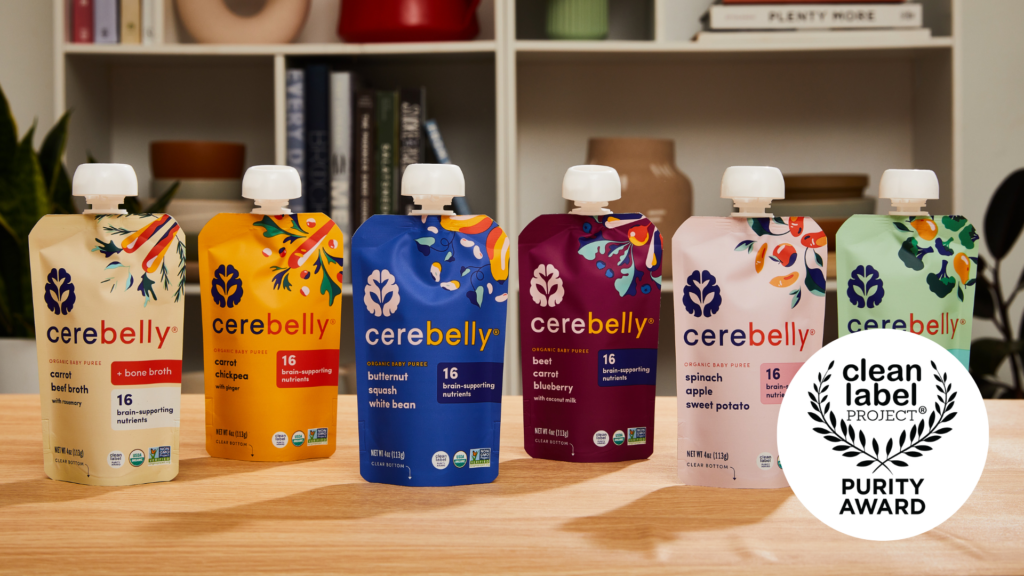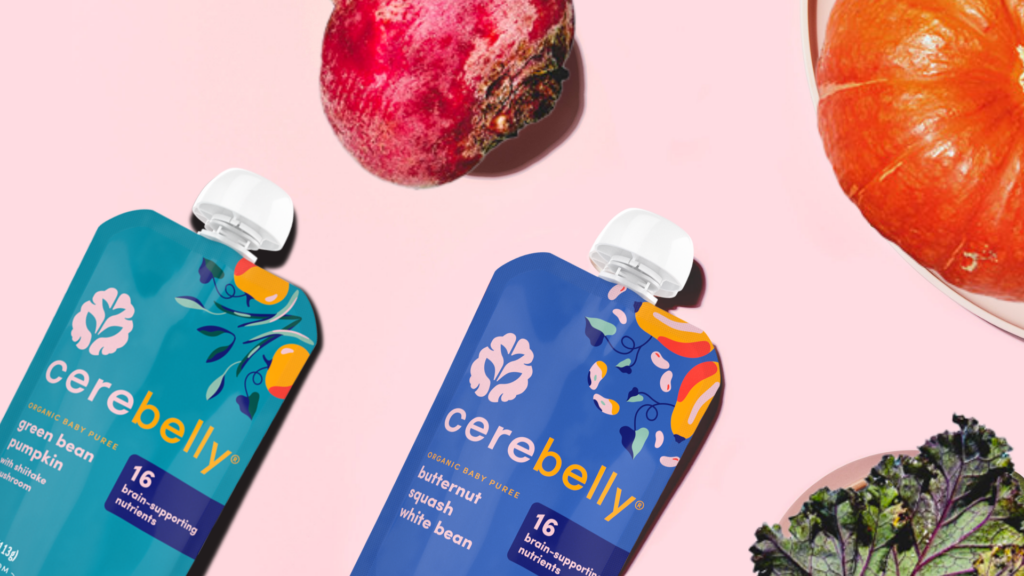How to Reduce Overexposure to Heavy Metals – From Dr. Darria, ER Doctor and Mom
Somedays, being a parent feels like an enormous game of whack-a-mole – with new headlines that worry you about your child. And now – heavy metals… in baby food? REALLY??? Something ELSE to keep us up at night?
Fortunately, this is a GOOD headline – and giving you peace of mind here is pretty easy. (Phew.) Here’s how to keep your child healthy, safe, and thriving when it comes to heavy metals in their diet.
1. Don’t focus on “Heavy Metal Zero,” but on giving your child healthy foods.
Don’t drive yourself crazy aiming for “Heavy Metal Zero” (which would cause your child to miss important nutrients). Instead, aim to feed your child foods that are rich in good nutrients. Hear me here – the same “whole” foods that we’ve always known are good for our children and for us, are still good. Because when a child’s diet is rich in the nutrients that they need, that helps their body absorb less toxic heavy metals, get rid of it more easily, and protect against heavy metals’ effects.
For example, carrots can have higher levels of the heavy metal cadmium (FDA TDS). But they also have Vitamin C and antioxidants, that help protect our bodies against the effects of heavy metals and other sources of inflammation – so that’s a net benefit.
Similarly, the American Academy of Pediatrics (AAP) recommends that children have diets rich in nutrients including calcium and iron because children who are deficient will absorb more lead. But when a child has plenty of iron and calcium, then their body absorbs less lead – and get rid of it faster.
Bottom line, keep your focus on feeding your child the HEALTHY stuff that’s good – for ALL the reasons.
2. Mix it up.
Sweet potatoes (and root vegetables in general) naturally have more lead than other vegetables. This is because heavy metals naturally occur in the soil, and since the roots (and root vegetables) are more exposed to the soil, they accumulate more lead. That doesn’t mean you should never feed your child sweet potatoes – because what matters is cumulative DOSE.
If your child has a pouch with sweet potatoes, that’s fine (because sweet potatoes are good for us, for all the reasons mentioned in Reason #1!). But – what you don’t want is to give your child sweet potatoes all the time – because then they will have a higher cumulative dose.
3. Decrease intake by feeding foods with lower levels.
Lastly – when giving your child baby food, opt for brands like Cerebelly that you know DO focus on minimizing heavy metals in their foods.
Let those brands do the legwork for you, so that you can be less stressed about it. Look for brands that are transparent and openly share their test results (for instance, according to AB899 guidelines), and brands that actively work to reduce heavy metals in their foods – right from the start.
Mostly, do NOT panic. You have NOT done harm to your child, by feeding them foods that you thought were good for them! Instead of focusing on the scary headlines, just keep your eyes on these 3 steps, to keep your little one healthy and thriving!
You can learn more about Cerebelly’s industry-leading practices, including third-party testing, on the Safety & Standards page.
Dr. Darria
@DrDarria
Founder, No-Panic Parenting



